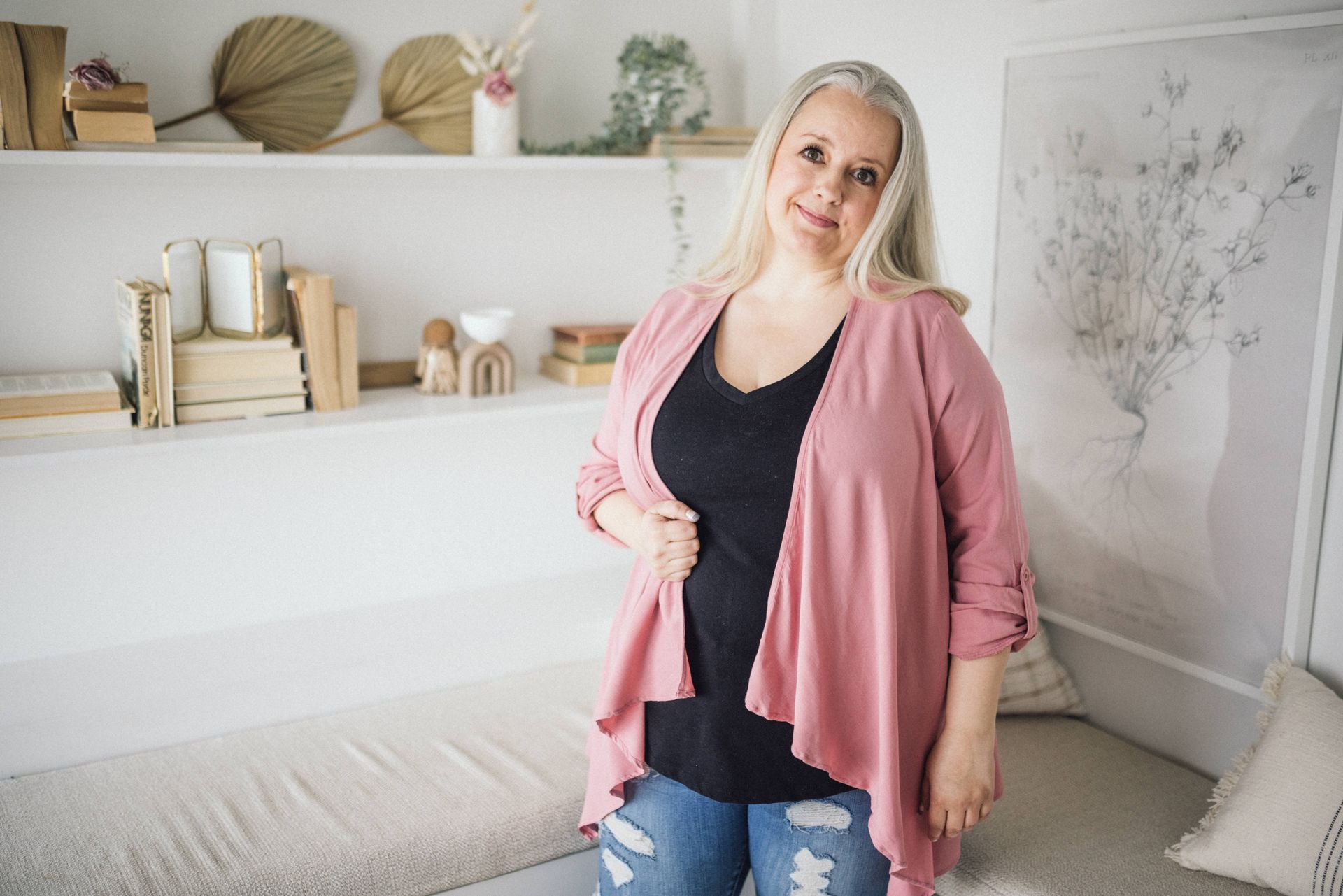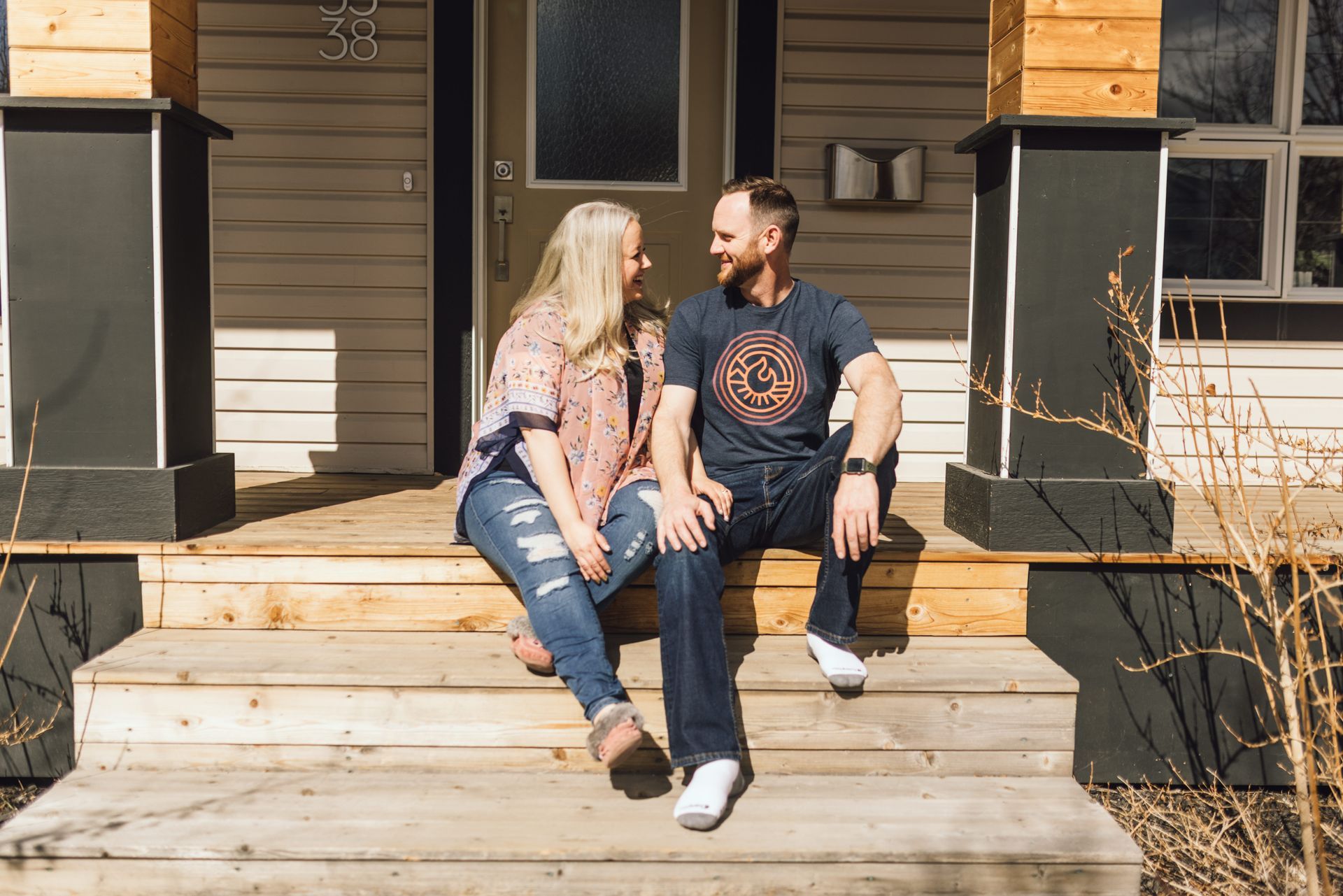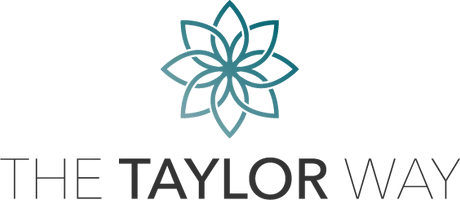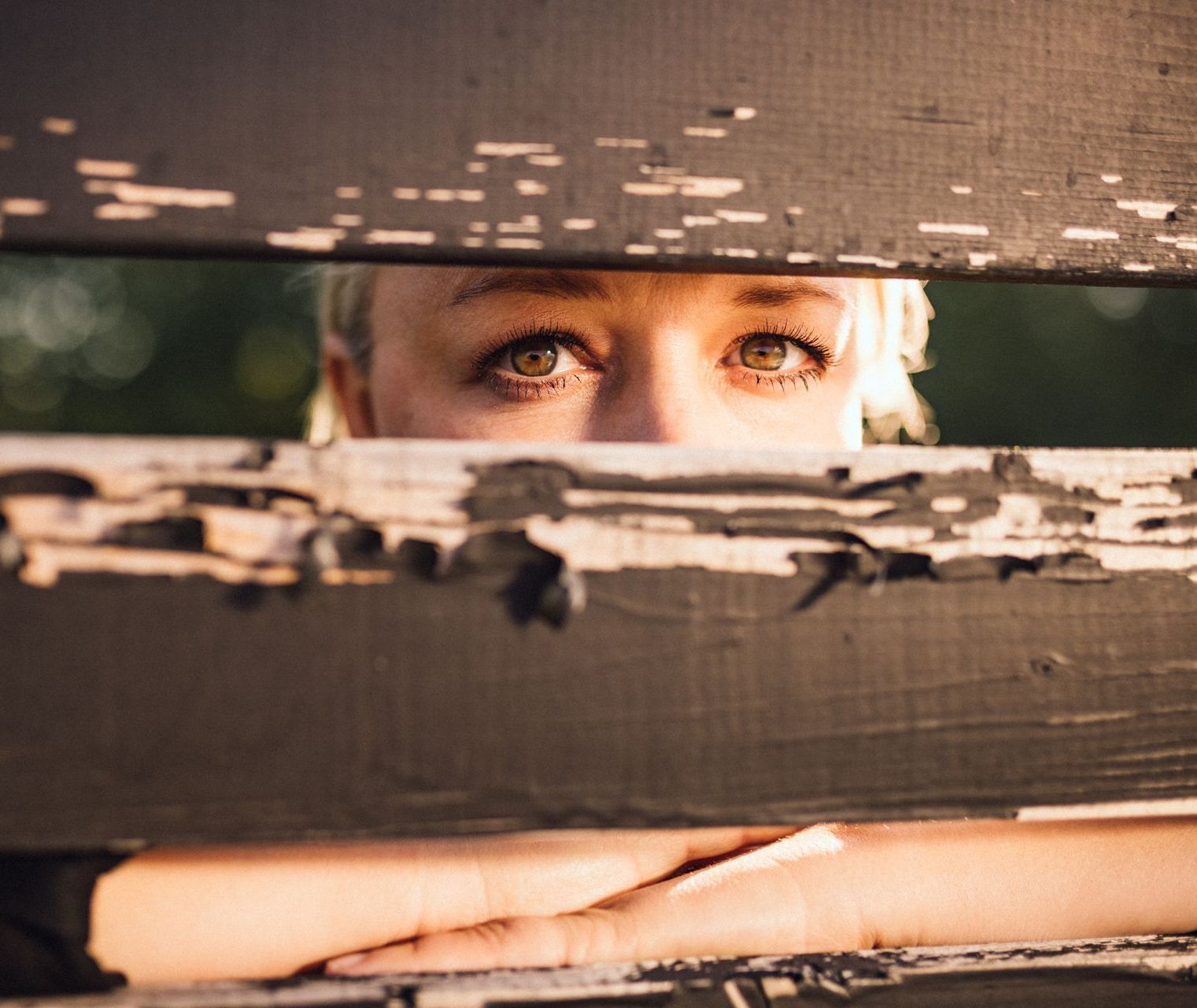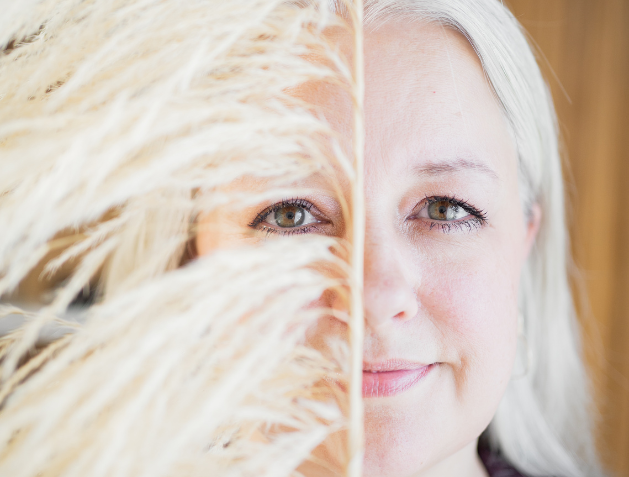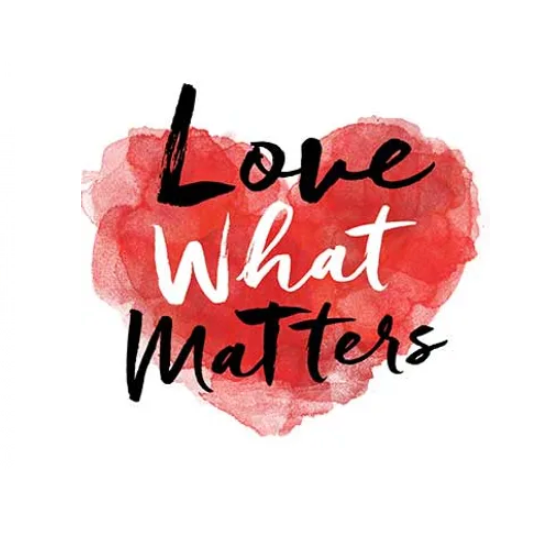Trauma Has Multiple Faces
Trauma Has Multiple Faces
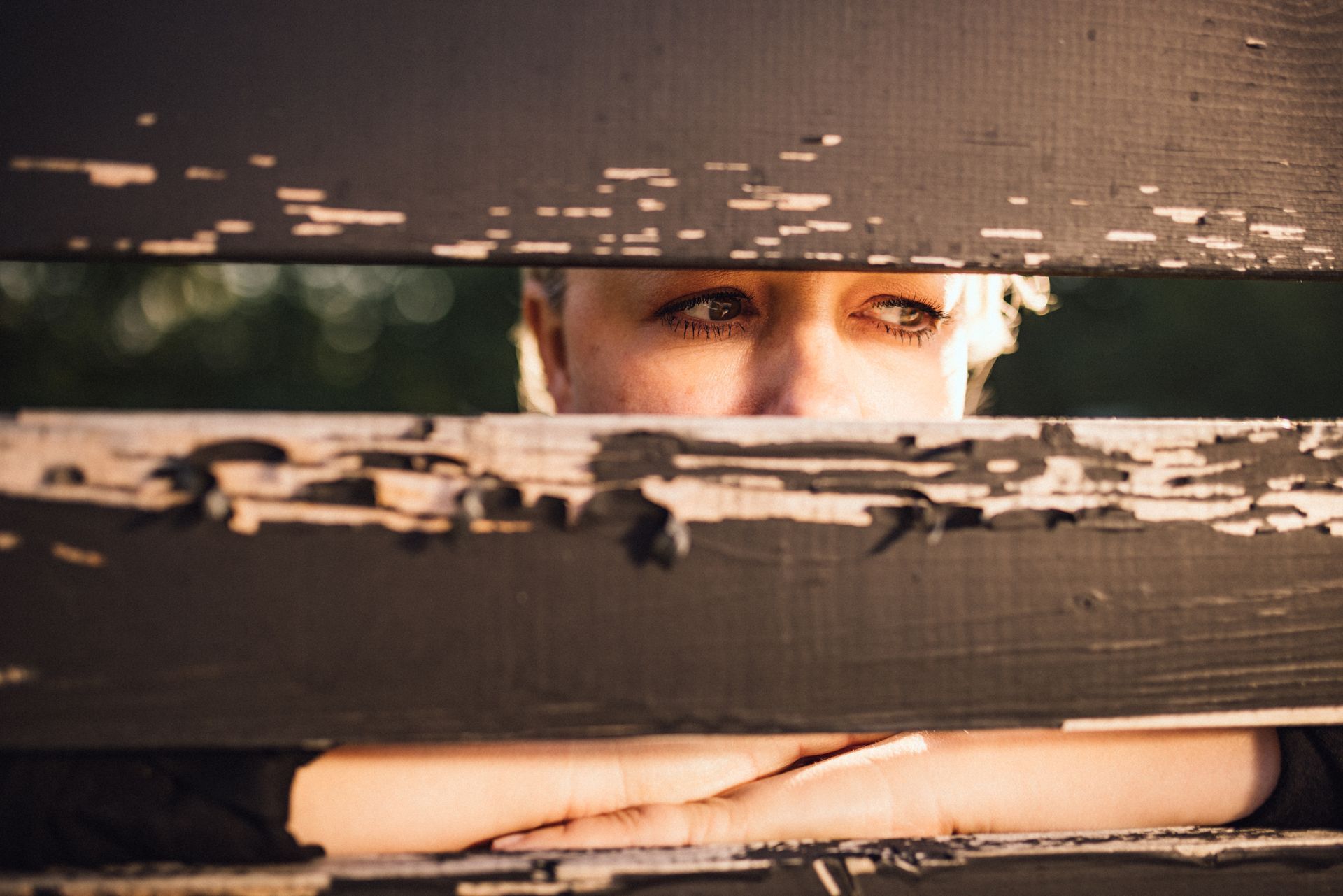
There are so many faces to trauma. It is all around us and we are feeling it collectively these days more than ever before. Trauma is never the thing that happened to us, it is what happens inside of us as a result of external circumstances.
Let’s chat kinds:
1. Acute trauma: a single moment.
○ Acute trauma is characterized by a single, often sudden, and overwhelming event that has a profound impact on an individual's emotional and psychological well-being.
○ This type of trauma can result from events such as accidents, natural disasters, physical assault, or witnessing a traumatic incident.
○ It can lead to symptoms like flashbacks, anxiety, and Post-Traumatic Stress Disorder (PTSD) as the individual struggles to cope with the aftermath of the traumatic experience.
2. Developmental trauma: any extended period of more than a year in the ages of 0-7
○ Developmental trauma sometimes referred to as complex trauma
○ This form of trauma often results from chronic adversity, such as neglect, abuse, or exposure to a consistently unsafe environment.
○ Developmental trauma can have far-reaching effects on a person's emotional and psychological development, potentially leading to issues like attachment disorders, emotional dysregulation, and self-esteem problems.
3. Preconscious/precognitive trauma: 0-18 months and came from our mom often in utero or in childbirth
○ It can include prenatal experiences or trauma during childbirth, which can affect an individual's emotional and psychological development even before they have conscious memories.
○ Such traumas can influence a person's sense of safety, trust, and attachment in their early relationships and throughout their life.
4. Intergenerational trauma: family. Our good old families and how we were taught to deal with situations. Trauma that has been carried through us at a cellular level
○ Intergenerational trauma, also known as ancestral or inherited trauma, refers to the transmission of trauma through family lines.
○ This type of trauma occurs when traumatic experiences and coping mechanisms are passed down from one generation to another.
○ The impact of intergenerational trauma can be seen in patterns of behaviour, coping mechanisms, and even physical health issues that persist across generations.
5. Collective trauma: war, groups, racial
○ Collective trauma involves the traumatic experiences shared by groups of people, communities, or entire societies.
○ It can result from events like war, natural disasters, pandemics, or racial and social injustices.
○ Collective trauma can have profound and long-lasting effects on the mental health and well-being of individuals within the affected group, often leading to shared grief, anxiety, and a sense of loss.
These are a few of the kinds of traumas that we deal with in life. How we deal with them is incredibly individual. Trauma is complex and is not one-size-fits-all. It can manifest in various ways and impact individuals at different stages of life.
How we heal them is also unique. It is important to recognize that trauma can have a cumulative effect, with one type of trauma potentially compounding the impact of others, and addressing these issues often requires a multi-dimensional and holistic approach to healing and recovery.
Often what we do is look at the stories of our lives and see our deficiencies. “I feel unwhole so I choose you” for example. When we try to change our patterns or behaviours, we can get stuck. It is often because the patterns and behaviours came as a protection mechanism tied to a situation or trauma that has happened. The problem? Our survival instincts will ALWAYS overpower our willpower.
Is there some area of your life that you can’t seem to get under control? Could it be rooted in one of the above?
Just curiosity and no judgment.
Take a look at your life! What needs to heal to get where you want to go?
